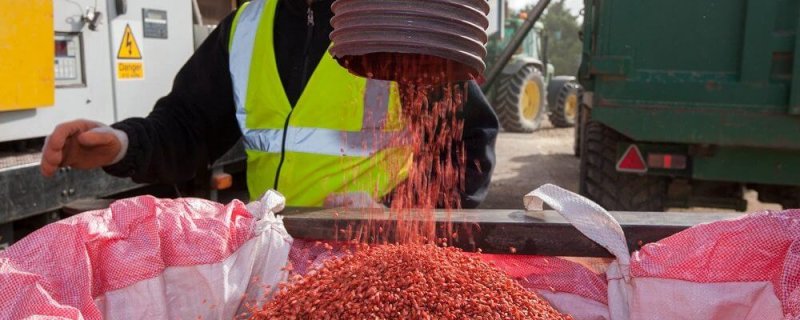Health Canada is following in the European Union’s footsteps as it moves to ban the use of neonic pesticides due to concerns about their impact on bees and other wildlife. But many farmers are fighting to maintain the status quo.
Canola growers, in particular, say the ban would increase costs and put their crops at risk of being lost to flea beetles. They say other types of pesticides are not as effective and therefore require higher volumes to be applied to crops.
[Editor’s note: For more on neonics, see GLP’s article With the ‘bee crisis’ fading and European farmers fearing an insect invasion, EU’s neonicotinoid ban fiasco stumbles into the New Year]
“The alternatives are worse — worse for the environment, worse for farmers who are applying it, and just substandard in every way,” said Renn Breitkreuz, chairman of the Alberta Canola Producers Commission.
…
In August, Health Canada proposed a ban on neonics that would phase out the chemicals in the next three to five years. When Health Canada asked for public feedback in the fall, canola farmers obliged with letters detailing their concerns.
…
Breitkreuz said neonics are safe for farmers to handle, have little impact on the environment and are very effective in controlling pests.
Read full, original article: Canola, chemicals and bees: Why Canadian farmers are fighting a proposed pesticide ban































